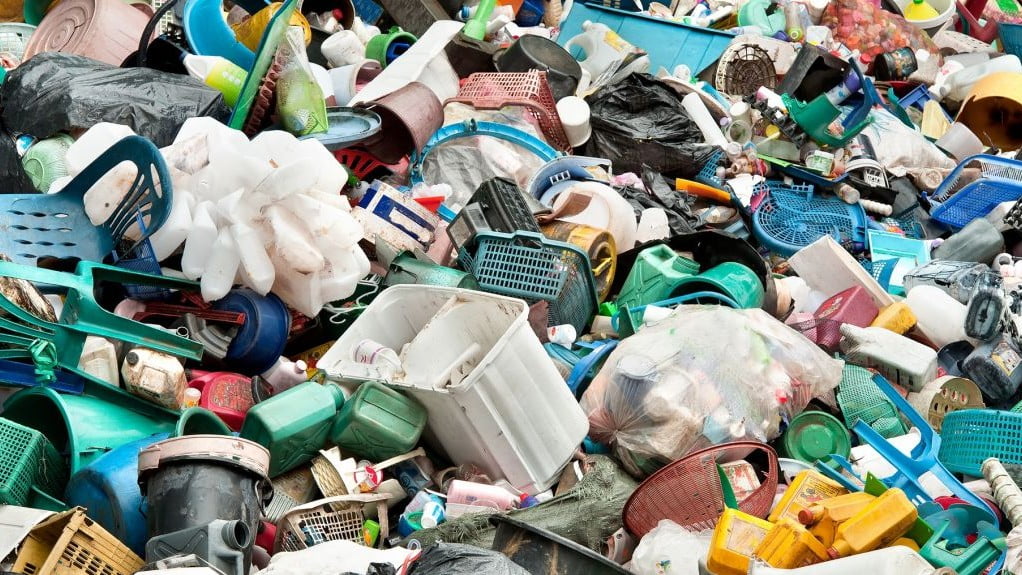Oxford Researchers Release Guidance for Circular Carbon Plastics Economy
2 min read
After analyzing the current global plastics system, researchers from Oxford University have developed guidance for technical, legal, and economic interventions needed to transition the plastics industry to net zero.
The research study, Designing a Circular Carbon and Plastics Economy for a Sustainable Future, focuses on four target areas for Improving the current plastics system. This first includes cutting future demand for plastics in half, partially by substituting plastics with other materials and avoiding the overuse of plastic products. Single-use plastics have specifically been targeted by multiple organizations developing plastics reduction plans, with some countries aiming to phase out their use entirely.
Research Emphasizes Outsized Emissions Impact of Plastics System
The study also claims the way plastics are manufactured must shift away from dependence on fossil fuels and instead use renewable raw materials, like waste biomass and carbon dioxide. Currently, 99% of plastics are made from fossil fuel sources, and the industry is reportedly expected to grow production in the coming decades. For plastics that are produced or are already in circulation, the study includes a target to recycle 95% of plastics. The world currently recycles about 9%.
Finally, the study claims that plastics processing and recycling will need to adopt renewable power and avoid other negative environmental impacts such as using additives.
While plastic pollution in terms of waste generation has become a more widely-known issue, plastics also maintain a massive emissions impact. The current global plastics system causes over a gigaton of carbon emissions each year, or the same as the total emissions of the United Kingdom, Germany, and France economies combined. These emissions may also intensify in the coming years if the plastics system goes unchecked.
Research Study’s Multifaceted Approach May Inform UN Plastics Treaty
The Oxford researchers admit the plastics issue does not allow for a “one size fits all” solution. The plan includes principles for smart materials design, suggests how to select optimum production methods and resource use, and a timeline of interventions needed to meet net zero.
“The time for action has arrived, we cannot afford to wait any longer,” said Fernando Vidal, study co-author and former Oxford Martin School fellow on the future of plastics. “We must change our concepts around the way we make, use, and dispose of plastics, otherwise we risk perpetuating this problem. The upcoming UN Global Plastic Treaty is the opportunity to make a lasting change in the right direction.”
The UN has been drafting a resolution to address the global plastics crisis and intends to release the final Global Plastics Treaty later this year. A number of organizations have weighed in on the issue, such as the World Wildlife Fund and the Business Coalition for a Global Plastics Treaty.





